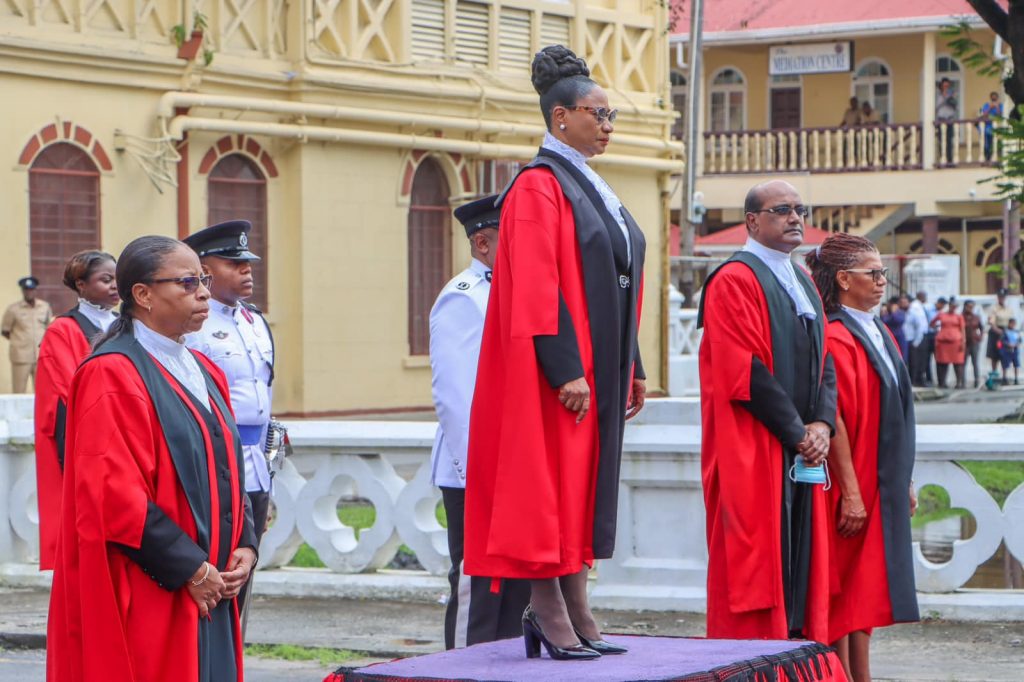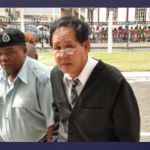
Acting Chancellor of the Judiciary, Justice Yonette Cummings has announced that the Supreme Court of Guyana is moving to establish a mobile court to better serve persons residing in riverine and other far-flung communities, even as it continues to embrace technological and innovative Solutions to enhance the country’s Justice System.
Speaking at the opening of Law Year 2023 earlier this week, the Chancellor (ag) said the Supreme Court, under her stewardship, has initiated a number of programmes geared towards enhancing the Rule of Law, ensuring access to justice, and engendering public confidence in the Justice System.
She said the proposed establishment of a Mobile Court is another such initiative intended to improve access to justice, and offer support to existing Court Houses.
“To have a vehicle, a caravan, which would travel into the riverine areas and farther into other indigenous communities to dispense justice. This will help us in not having to build buildings or not having to rent accommodations but the magistrate and the court staff, will be using this vehicle, and in time to come we will have more, travelling along with the police, to have cases heard in the remote and outlying districts,” the acting Chancellor explained.

With support from the National Budget, the Judiciary has successfully built a number of Court Houses with modern facilities across Guyana, while other Courts have been extended.
The Acting Chief Justice, Roxane George, said the Supreme Court has made significant strides in rolling out the Judicial Reform and Modernization Programme with the support of the Government and its international partners such as the US and Canada.
It was explained that with support from the National Center for State Courts (NCSC), US Department of Justice, the Supreme Court initiated a pilot Electronic Case Management System for the Magistrates’ Court. That electronic system is expected to go live before the end of March.
Additionally, the Court has been working with a consultant – CrimsonLogic – to develop an e- Litigation System for the Court of Appeal and the High Court. The e-Litigation System for the Court of Appeal is also expected to go live by the end of March, while the digital system for the High Court is scheduled to be completed by the end of the year.
The Chief Justice (ag) said while judicial officers have had the benefit of attending Court Technology Conferences with Guyana becoming part of the world-wide great shift towards the use of technology in the courts, there is a need for additional human resource.
“Of an authorized strength of 10, we have a total of seven IT staff for the entire country. Our court reporting unit only has nine personnel. The number of staff and skillsets in these departments is woefully inadequate given the expected expansion of our systems and operations by the end of this year, and going forward,” Justice George explained.
The Chief Justice (ag) said the Supreme Court will have to move to increase its staff complement. She said while buildings are necessary, human resources are vital to keep the wheels of justice turning.











You must be logged in to post a comment Login